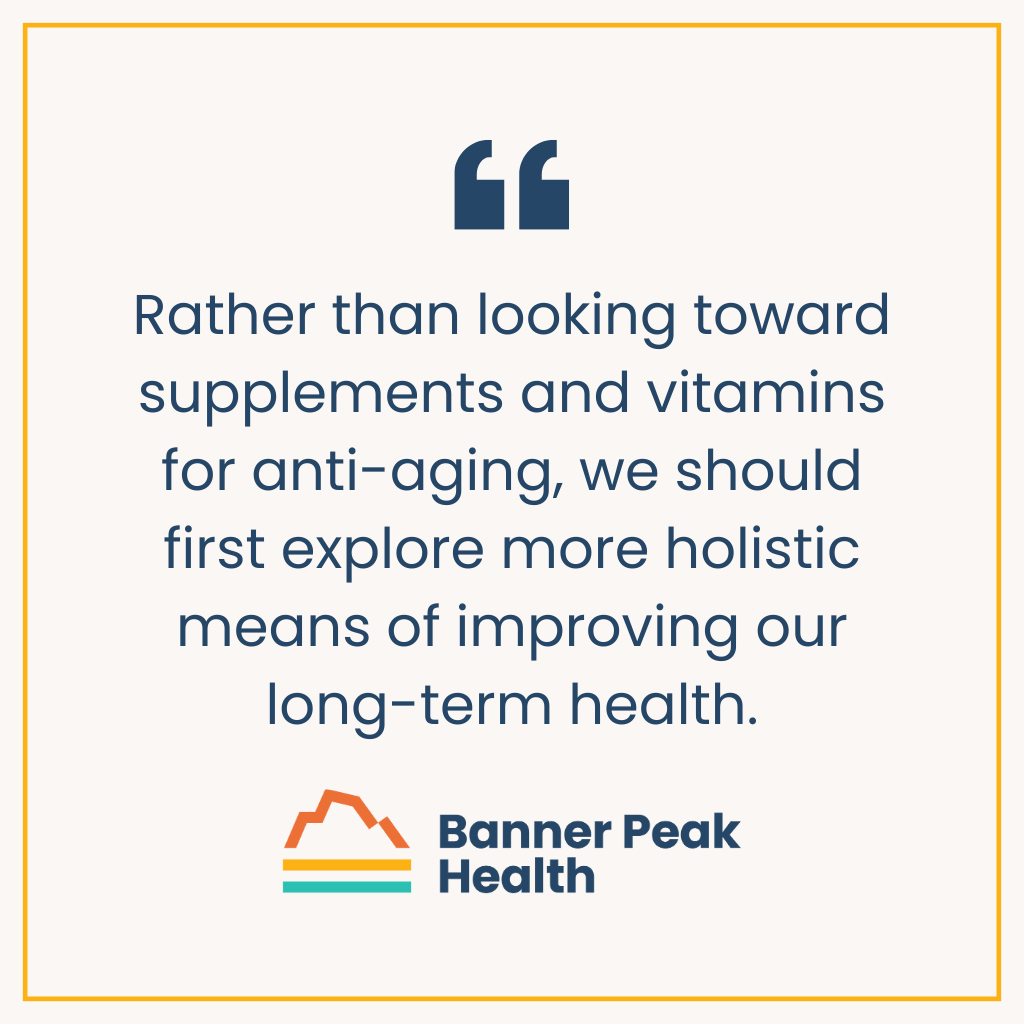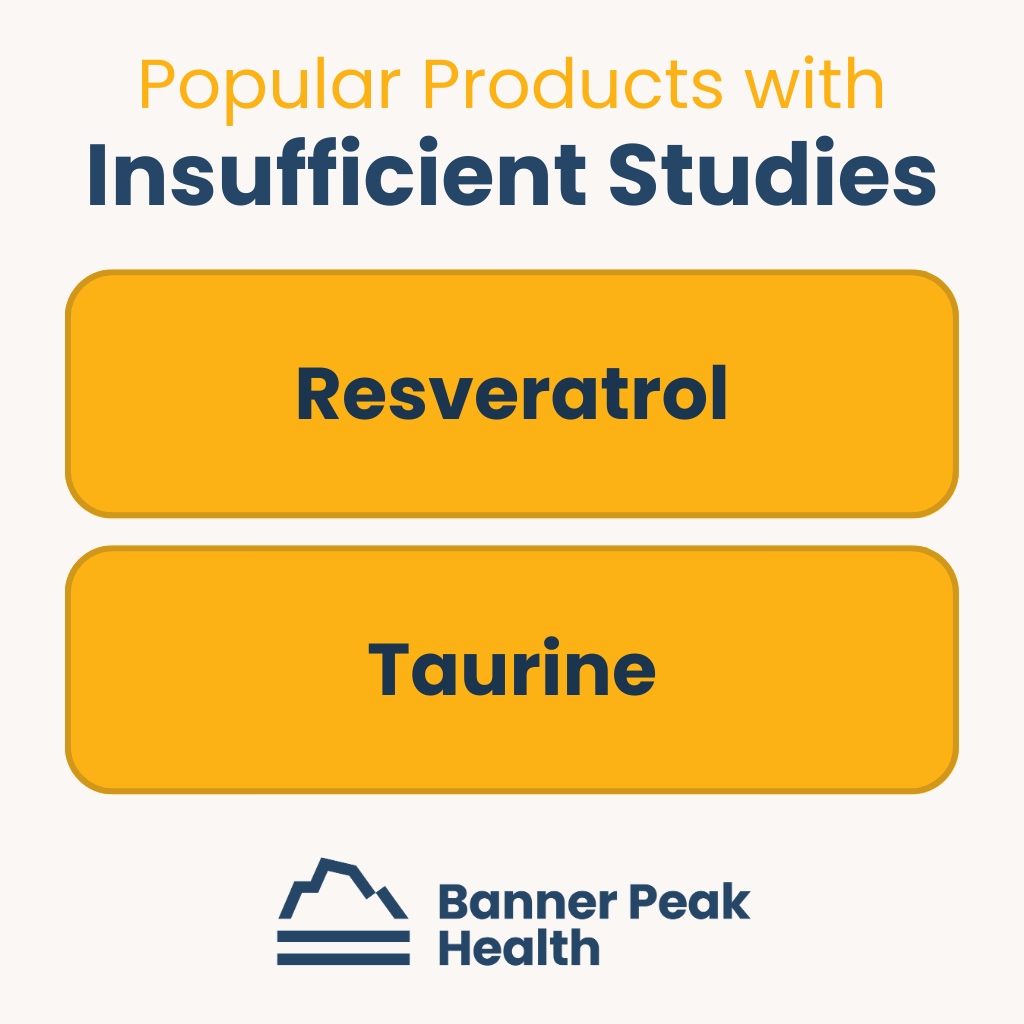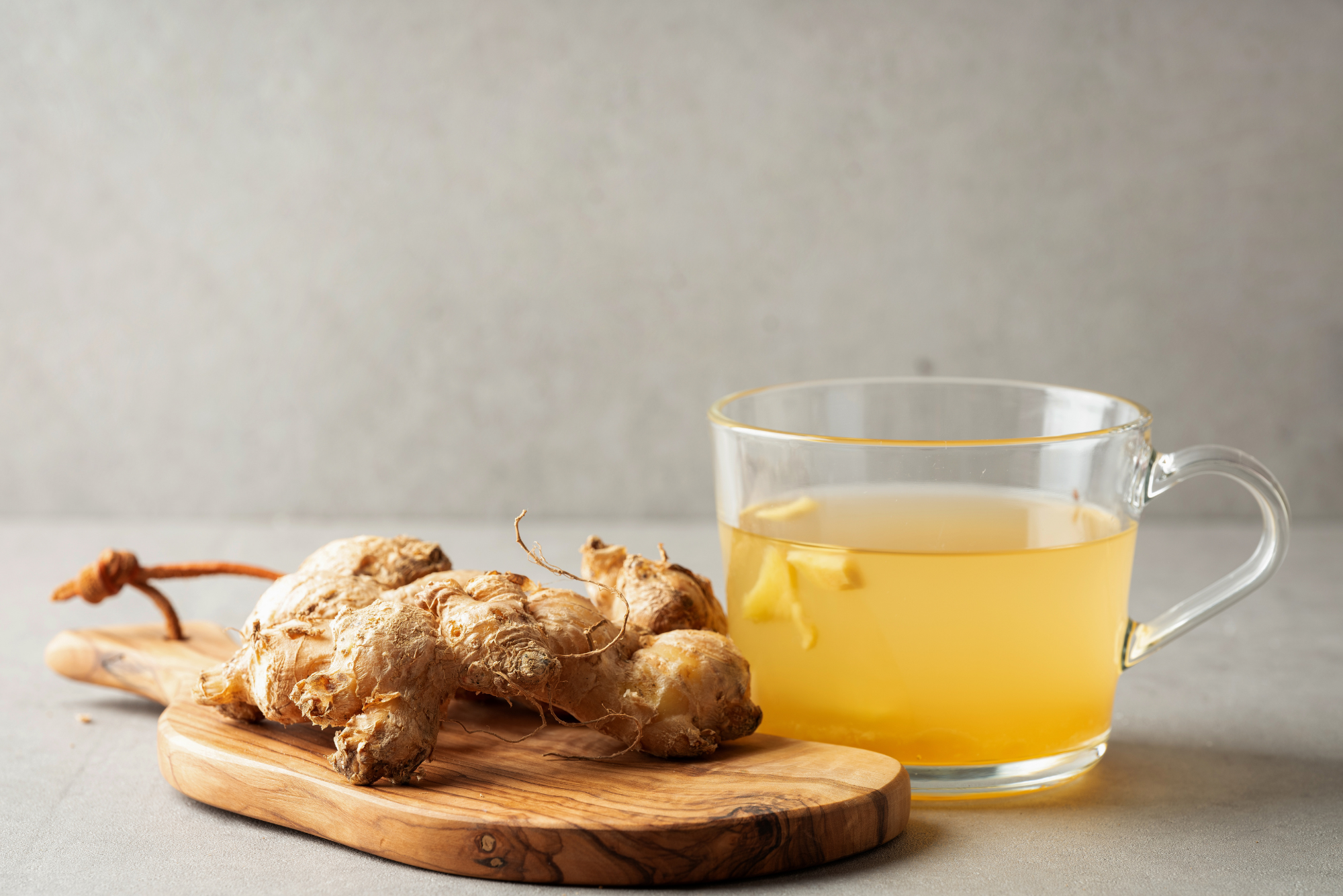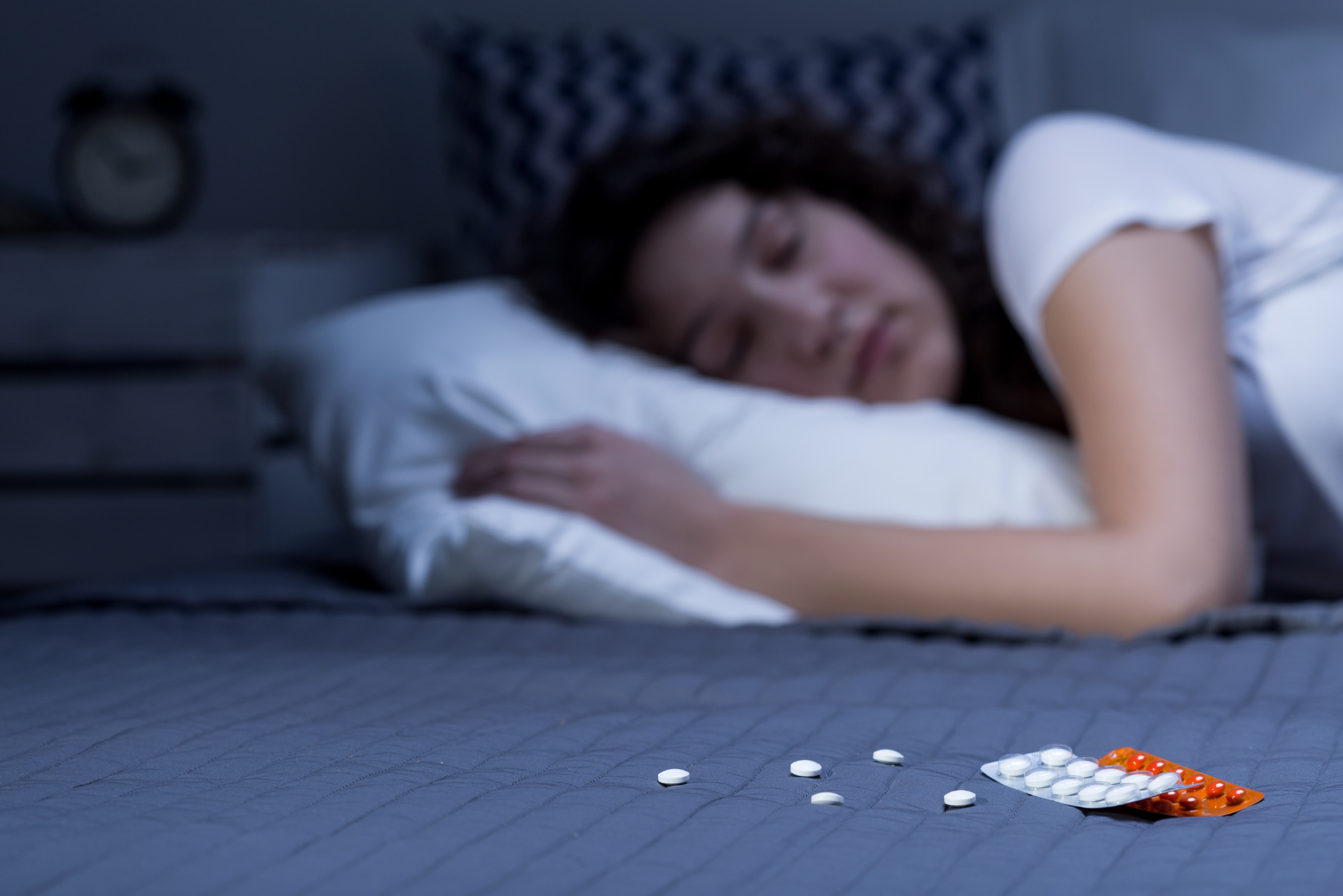I loved the movie The Wizard of Oz as a child. I think the message holds true and applies to our quest for anti-aging solutions.
The characters in The Wizard of Oz discover that the qualities they sought lay within them all along. Similarly, our strongest data regarding longevity rests on individual behavior centered around diet, exercise, sleep, and emotional connection.
Rather than looking toward supplements and vitamins for anti-aging, we should first explore more holistic means of improving our long-term health.
A Flooded Market
There’s a growing list of medications and supplements touted to prolong life. Experts expect the global anti-aging market to increase by 13% annually through 2030, meaning everyone who wants to make a buck on vitamins for anti-aging will have no problem doing so.
The media obsessively pursues “the next big thing” on the market, publishing all the clickbait they can to facilitate its success. All this hype leads to a lack of healthy skepticism regarding the data behind these new products (e.g., metformin, rapamycin, taurine, and resveratrol).
What’s the Problem?
The problem with these new interventions is the weak or nonexistent data supporting them.
Humans aren’t lab rats. Given the inherent duration needed for study (a lifetime) and its complexity, it’s almost impossible to perform a randomized controlled trial for most, if not all, of the anti-aging supplements on the market.
We’re not talking about a 12-week trial to test whether one’s cholesterol decreases. Testing to determine whether humans live longer is much more complicated and time-consuming.
Because we don’t have access to the gold standard of evidence — randomized controlled trials — we must extrapolate from inherently flawed experimental methods.
For example, many dietary supplements go through epidemiologic studies that aren’t randomized. They simply observe who eats or doesn’t eat and look for correlative outcomes.
One problem here is the presence of confounders. Another problem is that we’re forced to rely on animal models. Animals and humans differ in many ways, so results don’t always correlate.
Examples of Popular Products and Insufficient Studies
The following two examples are popular supplements hailed by the media as keys to longevity but which currently lack sufficient study and evidence.
Resveratrol
Resveratrol is a natural polyphenol found in red wine. Its study harbors a classic example of a confounder.
Many claim the resveratrol found in red wine is the answer to the “French paradox” (the generally low rates of heart disease observed in French people).
The flaw in this logic is something called a healthy user bias. This means the people consuming the wine are inherently different from those who don’t (i.e., higher socioeconomic status, greater consumption of fruits and vegetables, etc.). These variables likely have as great an impact on the user’s health as intake of resveratrol.
Furthermore, no current data supports the idea that resveratrol helps people (or animals) live longer.
Taurine
Taurine is an amino acid that our bodies produce. It has many functions, including as a neurotransmitter in the brain. While animal studies have shown links between taurine and longevity in worms and rodents, animal models aren’t always useful for human applications.
For example, the animal models supporting intermittent fasting were originally derived from mouse models. The conclusion: Eat all your meals within an eight-hour window and fast for 16 hours a day.
The caveat here is that a mouse will die after 48 hours without food. So, for a mouse, a 16-hour fast is one-third of the duration until death. That duration doesn’t correlate with the intermittent fasting we recommend. Humans can go an average of three weeks without food, so an equivalent fasting duration would be one week.
So, as Peter Attia puts it, taurine may be the “elixir of life if you’re a mouse,” but humans don’t manufacture, absorb, or excrete taurine the same way mice do. Therefore, the studies examining mice and taurine aren’t as useful as some would like to believe.
Today’s Takeaways
Given our imperfect data, our best anti-aging bet is to go back to the basics — risk versus reward.
Everything we recommend regarding nutrition, exercise, sleep, and social connections is the best we can offer. We know these measures improve longevity, and they’re 100% safe.
While the world tells you to “click here!” to order supplements or vitamins for anti-aging, remember there’s a man behind the curtain. The journey down the yellow brick road is more important than what lies at the end.
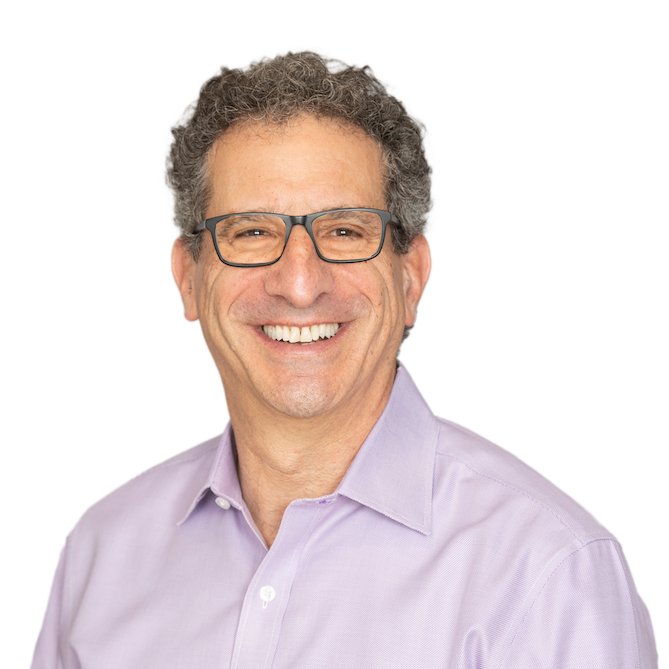
Barry Rotman, MD
For over 30 years in medicine, Dr. Rotman has dedicated himself to excellence. With patients’ health as his top priority, he opened his own concierge medical practice in 2007 to practice medicine in a way that lets him truly serve their best interests.
